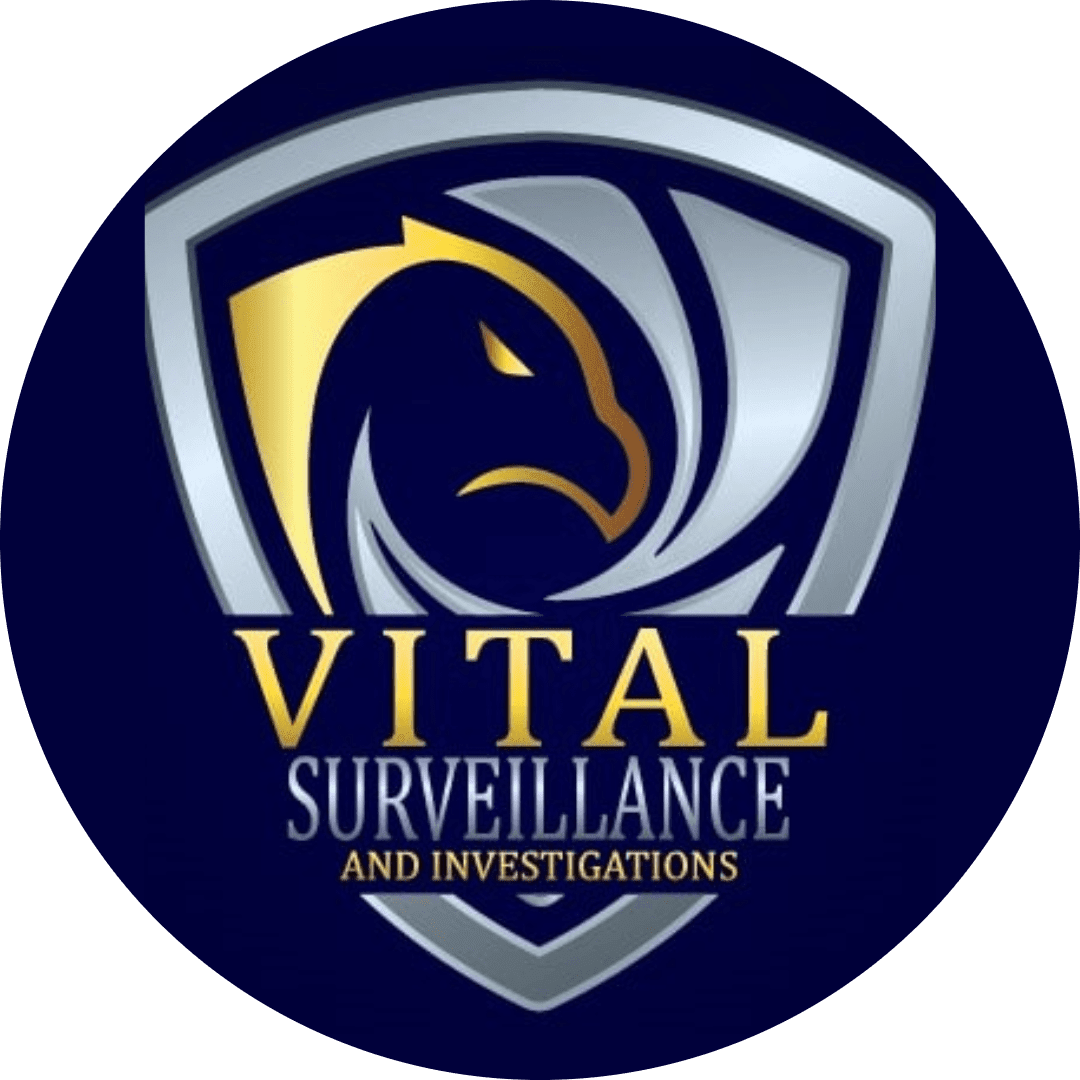
The Impact of Social Media on Investigations and Security

Published on Mar. 11th, 2024
In an age where information is readily accessible at our fingertips, the role of social media in shaping investigations and security measures has become increasingly significant. From law enforcement agencies to private security firms, the digital footprint left by individuals on social networking platforms has revolutionized the way cases are approached and security risks are assessed. However, this newfound wealth of information comes with its own set of challenges and ethical considerations. In this blog post, we delve into the multifaceted impact of social media on investigations and security, exploring its benefits, drawbacks, and implications for privacy and safety.
Accelerating Investigations
Social media platforms serve as virtual treasure troves for investigators, providing real-time updates and insights into individuals' lives and activities. Whether it's tracking suspects, gathering evidence, or identifying witnesses, platforms like Twitter, Facebook, and Instagram offer invaluable resources that can significantly expedite the investigative process. By analyzing posts, photos, and interactions, investigators can piece together timelines, establish connections, and uncover crucial clues that may have otherwise remained elusive.
Crowdsourced Intelligence
One of the most remarkable aspects of social media is its ability to crowdsource intelligence. Through open-source investigations, online communities can collaborate and share information to unravel complex mysteries or identify potential threats. From citizen journalism to amateur sleuthing, the collective power of social media users has been instrumental in solving crimes, locating missing persons, and even thwarting terrorist attacks. By harnessing the wisdom of the crowd, investigators can tap into a vast network of resources and expertise, transcending geographical boundaries and traditional investigative constraints.
Surveillance and Monitoring
While social media can be a boon for investigators, it also serves as a double-edged sword when it comes to surveillance and monitoring. Government agencies and security firms leverage advanced algorithms and data mining techniques to monitor social media activity for signs of criminal activity, radicalization, or security threats. While this proactive approach can help prevent potential harm, it raises concerns about privacy invasion and the erosion of civil liberties. Striking a balance between public safety and individual rights remains a perennial challenge in the digital age.
Psychological Profiling
Social media platforms are not just repositories of information; they are also windows into the psyche of individuals. Through sophisticated analysis of user behavior, linguistic patterns, and content preferences, psychologists and investigators can construct detailed profiles that shed light on a person's personality, motivations, and intentions. This psychological profiling can be instrumental in assessing threats, predicting behavior, and identifying individuals at risk of radicalization or violence. However, ethical considerations surrounding consent, bias, and privacy loom large in this emerging field.
Disinformation and Misinformation
The proliferation of fake news, propaganda, and misinformation poses a significant challenge to investigations and security efforts. Social media platforms have become breeding grounds for malicious actors seeking to manipulate public opinion, sow discord, and obfuscate the truth. Whether it's spreading false rumors during a crisis or fabricating evidence to discredit adversaries, the weaponization of social media poses grave threats to democracy and social cohesion. Combatting disinformation requires a concerted effort from governments, tech companies, and civil society to promote media literacy, fact-checking, and digital resilience.
Legal and Ethical Considerations
As social media continues to permeate every aspect of our lives, it raises a host of legal and ethical dilemmas for investigators and security professionals. From the admissibility of social media evidence in court to the boundaries of online surveillance, navigating this complex landscape requires a nuanced understanding of privacy laws, human rights principles, and ethical guidelines. Moreover, the potential for bias, discrimination, and unintended consequences underscores the importance of robust oversight and accountability mechanisms to safeguard against abuse and injustice.
Adaptation and Innovation
In response to the evolving landscape of social media, investigations and security practices are undergoing a paradigm shift. Traditional methods are being augmented by cutting-edge technologies such as artificial intelligence, machine learning, and blockchain to enhance efficiency, accuracy, and transparency. Moreover, interdisciplinary collaborations between law enforcement, academia, and industry are fostering innovation in areas such as digital forensics, cybersecurity, and counterterrorism. By embracing change and embracing innovation, stakeholders can stay ahead of emerging threats and challenges in the digital realm.
Conclusion
The impact of social media on investigations and security is undeniable, reshaping the way we gather intelligence, assess risks, and uphold public safety. While its benefits are manifold, from accelerating investigations to crowdsourcing intelligence, it also poses formidable challenges, from surveillance and monitoring to disinformation and misinformation. As we navigate this complex terrain, it is imperative to strike a balance between security imperatives and individual rights, ensuring that the ethical and legal frameworks governing social media usage are robust and equitable. Only then can we harness the full potential of social media as a force for good while mitigating its inherent risks and vulnerabilities.
If you require the services of a private investigator, please don't hesitate to get in touch with Vital Surveillance and Investigations at (386) 247-0322. Our team of experienced professionals is here to assist you with your investigative needs, providing customized and confidential solutions tailored to your specific requirements.
Get in Touch
Have a question, feedback, or need professional investigative services? Feel free to reach out to us. Our team is here to assist you with all your needs.
Contact Us
Give us a call
(772) 777-1010Send us an email
[email protected]